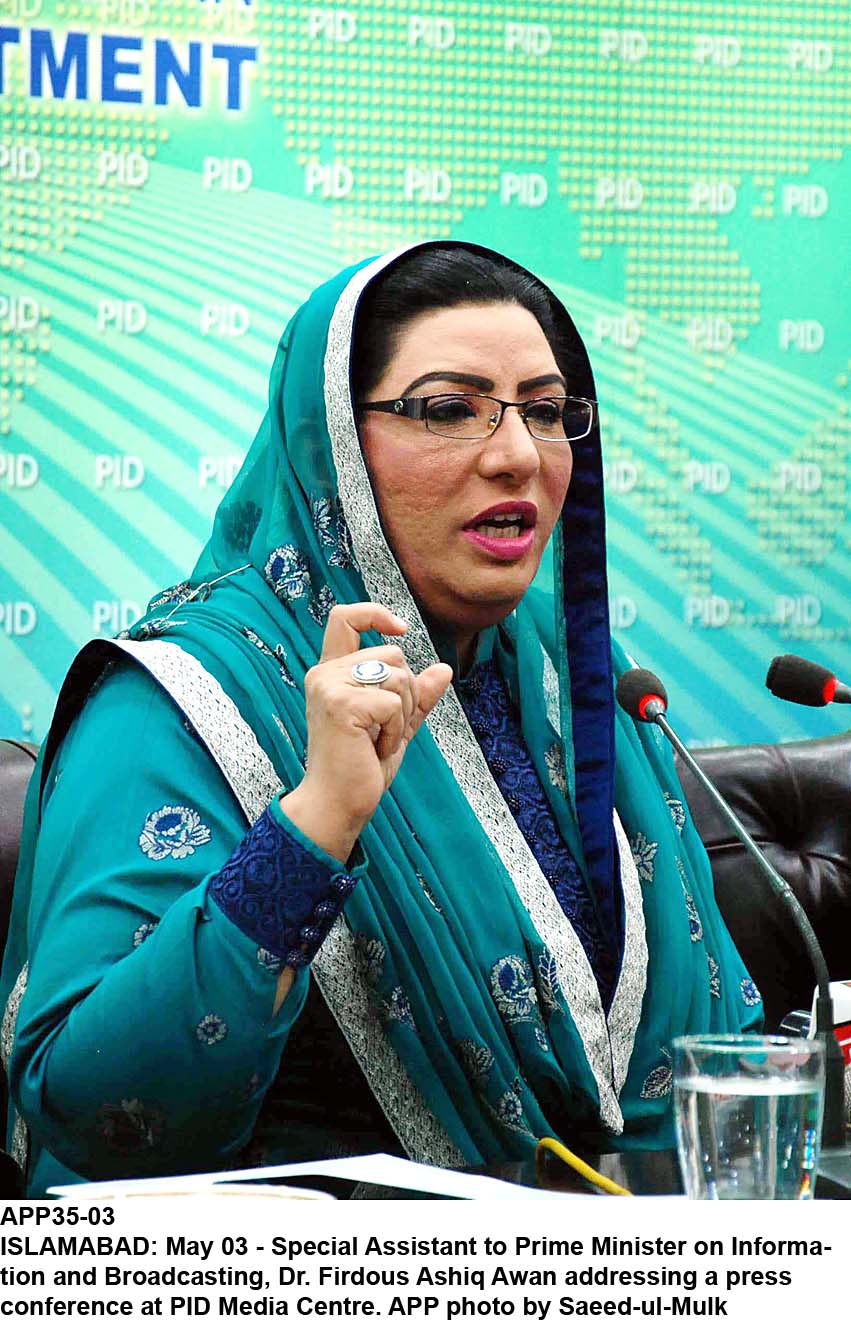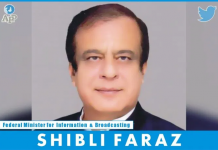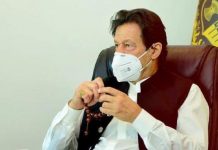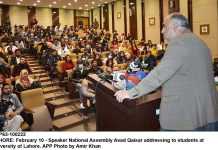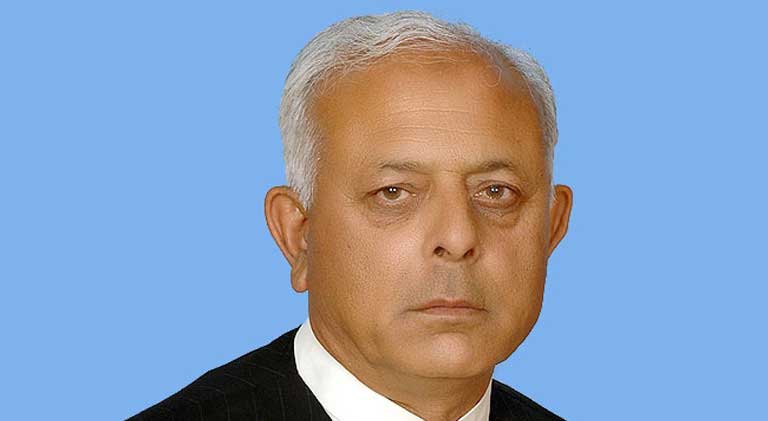LAHORE: Speakers at a forum including parliamentarians and experts of both Pak
istan and Indiahighlighted that acceleration in economic growth on a sustained basis is an important policy objective for poverty reduction.
This was expressed at the ninth round of “Pak
istan India Legislators and Public Officials Dialogue on Sharing of Experiences on Governance and Democracy” that was facilita
ted by Pak
istan Institute of Legislative Development and Transparency (PILDAT). The dialogue was focused on the theme of sharing of lessons on developments in poverty alleviation in Pak
istan and India.
The dialogue included members of parliament and provincial assemblies of Punjab and Sindh alongside experts and media representatives from Pak
istan who joined members of the Indian Parliament, State Legislatures of Delhi and Rajasthan alongside experts from India.
A press statement issued by PILDAT on Tuesday said thatparticipants from both countries highlighted the need to introduce reforms in institutions of governance. Dialogue participants from India highlighted a number of social safety net programmes that have helped alleviate poverty in India adding that success also needs to be based on equitable and sustained growth and the inclusion of stakeholders other than the government.
While the dialog
ue saw an overall consensus on both global and South Asian success with reduction in poverty numbers despite complexity of measuring poverty and disagreements on successful strategies, participants believed that continuing arms expenditure by both countries will be detrimental to the welfare of the people.
Pakistani participants also showcasedeconomic growth and role of rem
ittances and cited success emanating from Targeted-Subsidy Programmes in Reducing Poverty. It was said that such programmes help immediate needs but for long-term impact, job creation and equal opportunities are also critical. Participants also underscored that in order to gain greater benefits of rem
ittances, focus must also be placed on improvements in education and vocational training.
Participants also recognised with concern the growing gap in rich and poor segments of society both in Pak
istan and India. Participants highlighted exclusion of the poor in planning as well as in prioritising development schemes. There needs to be an increased focus on expenditures by governments in housing, public health, public education and in other social sectors.
They furthe
r claimed that microfinance and availability of easy and cheap credit can go a long way in providing capital to poor and deprived sections of society for small business enterprises. They shed light on the fact that empowerment of women through microfinance has had some success in the region. They were of the view that both countries must exchange experiences in this regard to optimise its effectiveness. Highlighting food security as a critical looming challenge for Pak
istan and India, dialogue participants emphasised that both countries must focus on revamping agricultural growth policies that are farmer-friendly and incentivise them as key stakeholders.
Participants also resolved to use their respective linkages with legislatures and professionals to project the content and recommendations for action as given in the Joint Statement.
Participants also discussed in detail the crucial need to guard the vulnerable sections of societies from falling into the vicious trap of poverty.

